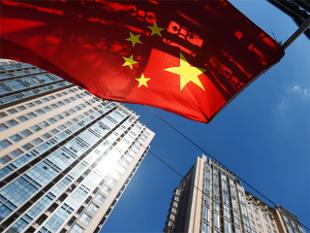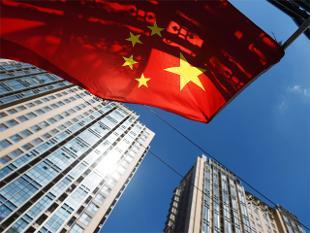
BEIJING, July 5 (Xinhua) -- Fresh data confirmed economic stabilization in China with a more balanced economic structure, soothing investors.
The official manufacturing purchasing managers' index (PMI) beat market forecasts and rose from 51.2 the previous month to June's 51.7, the second highest reading of the year. The official non-manufacturing PMI also expanded for the second consecutive month to the highest level this year.
According to private surveys by financial information service provider Markit and Caixin Media, which mainly focuses on smaller firms, manufacturing PMI for June expanded to a three-month high of 50.4. The survey also showed that service PMI slowed slightly in June, but remained above the 50-mark that separates expansion from contraction.
The PMI reading reinforced a flurry of May data, including accelerating growth in industrial profits as well as strong increases in industrial production and retail sales, revealing positive changes in the economy.
Pan Jiancheng, an official with the National Bureau of Statistics, said economic growth was better than expected and more optimized in structure in the first half of the year, with indicators pointing to solid growth, increasing jobs, stable prices and a sound balance of international payments.
Both the industrial and service sectors are improving, while consumption has become a major engine for growth, suggesting the "inherent momentum" of the economy has been enhancing, Pan said.
Consumption contributed 77.2 percent to economic growth in the first quarter, up from 64.6 percent the prior year. Services contributed 61.7 percent of Q1 GDP. High-tech industry's value-added output for January-March increased 13.4 percent.
Pan expects China's first-half GDP growth to be at 6.8 or 6.9 percent, and to slow in the second half because of a higher comparative base from last year, a possible weakening of the real estate sector and changes in the international trade environment.
Analysts also forecast slower but stable growth for the rest of the year, expecting a cooling property sector and reduced leverage weighing on growth.
The Bank of Communications said in the second half of the year, signs of stress may emerge in the corporate sector as deleveraging makes financing harder and costlier.
Lian Ping, chief economist at the bank, said the central bank will leave benchmark interest rates on hold, but will appropriately manage liquidity.
Policy makers should ensure credit supply to small and medium-sized companies, and unveil measures to boost investment for stable growth and progress in economic rebalancing, Lian said.




 A single purchase
A single purchase









